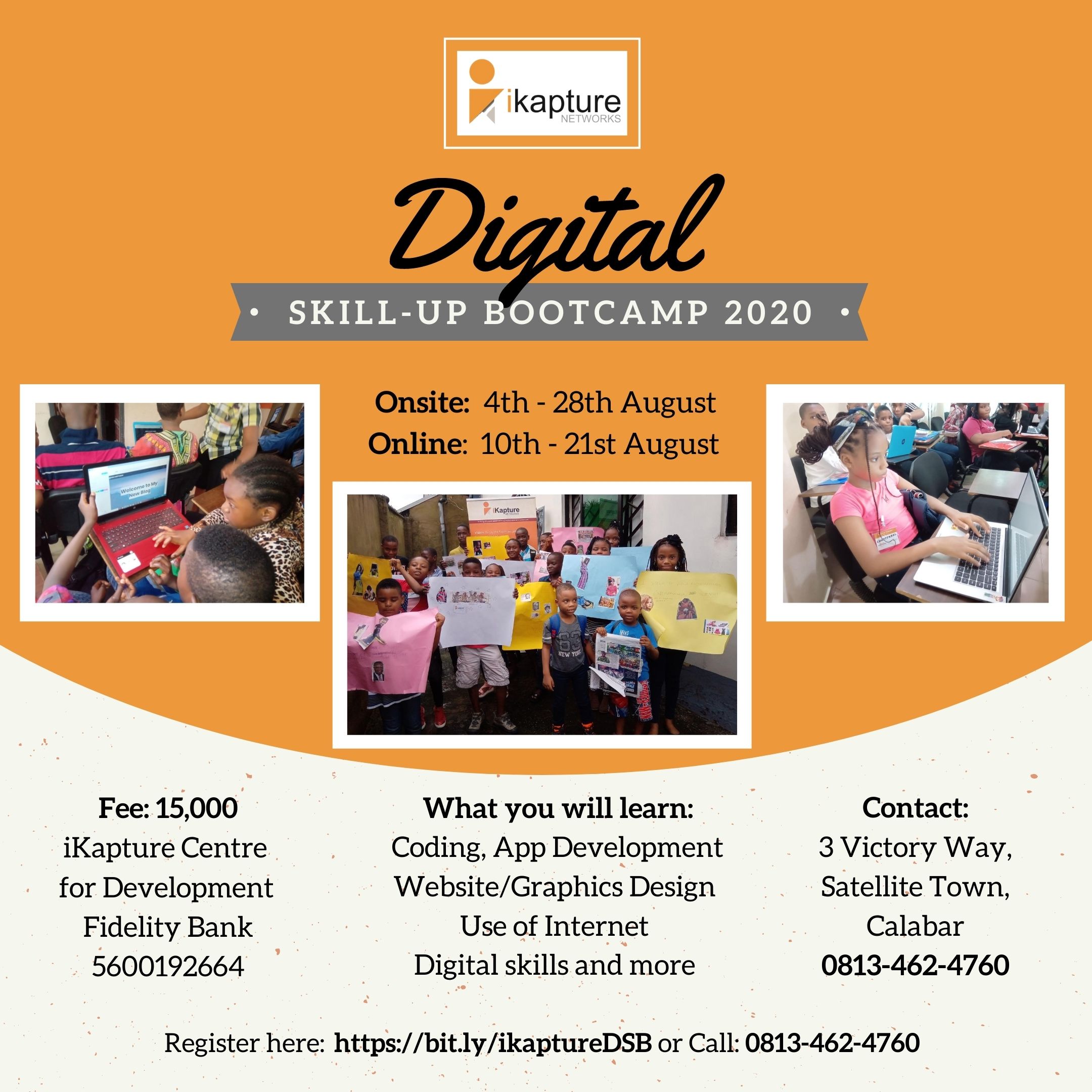Have
you ever sat wondering what next to do? Have you ever wondered why you keep
lagging when friends are putting their skills to good use? Have you ever
wondered how to set and make reasonable goals?
Personal
development is the process of self-improvement, which focuses on building up
your awareness, knowledge, and skills, as well as an overall sense of identity.
To develop
ourselves we need such skills as critical thinking, team building, communication skills, emotional intelligence, and many others.
Benefits
of personal development
Working
on your personal development is not only essential for your self-improvement
but can also help you thrive professionally.
Here are five key benefits of personal development:
You’ll figure out your passion
When you begin the journey of personal development, you’ll get to know the real you, your abilities, what your values are, what you believe in, and your aspirations.
You’ll be able to make clear goals
By
figuring out more about yourself, you’ll be able to set clear and well-informed
goals.
And not
only will you realize what you do want to do, but you’ll also be able to rule
out paths that you find unsuitable.
You’ll be motivated
With
clear and achievable targets, you’ll be more motivated to fulfill them –
especially if you have a personal development plan to track your progress.
Note:
This is a written account of self-improvement, which also covers the goals you
aspire to fulfill – whether they’re career-based, personal, or academic.
You’ll get a better work-life balance
By carrying out your learning and development, you’ll not only be improving your morale, confidence, and knowledge, you could also be improving your career prospects – either to gain a promotion or change in career choice.
You’ll improve your career prospects
Most
employers want fast learners and problem-solvers, when you commit to personal
development it is these skills that would help you thrive at work.
Some personal development skills include:
Communication: Communication includes your ability to speak, write and listen. With these skills, you can understand what others are saying and feeling and also convey your ideas and feelings. Good communicators can speak clearly and confidently, using a tone that is positive and appropriate for the situation.
Organization: Organization skills include the orderliness of your workspace and your ability to plan, schedule, and prioritize. Good organization can help save time, prevent miscommunications and improve efficiency.
Problem-solving: Problem-solving is the capability to handle challenging or surprising situations.
Self-confidence: Self-confidence is the belief in your abilities, actions, and decisions. If you have confidence in yourself, you might be more likely to pursue ambitious goals, try new things, and believe you can succeed.
Adaptability: People who handle change well often get along with a variety of personalities and blend with any environment. They don’t get easily ruffled up in difficult situations.
Integrity: People tend to trust those who are honest and stand by their values. Having integrity can lead to a good reputation and opportunities for advancement.
Leadership: is the ability to guide people. Good leaders can motivate others and help them reach a shared goal. They bolster confidence and increase morale.
How to
improve your personal development skills:
Improving
your personal development skills involves:
Overcome your fears: Fear can prevent you from growing and progressing. If you are afraid of taking risks, for instance, find a mentor who can help you make good decisions and build your confidence. Grow and learn by trying things you might not be comfortable doing. If you are shy, try starting a conversation or introducing yourself to new people at a reception or workshop.
Read: Reading can expand your knowledge and vocabulary and keep you informed. It can also motivate you and improve your critical thinking skills. Try setting a goal to read at least one educational or motivational article a day.
Learn something new: Learn a new skill or topic, whether you do it yourself or sign up for a class. You might, for instance, take courses to learn another language, a new software program, or how to write creatively, entrepreneurship, or social media marketing.
Ask for feedback: Approach a family member, friend, colleague, or manager and ask them to give you feedback on a recent project or accomplishment. Use their positive comments as well as their constructive criticism to find ways to improve.
Observe others: Watch and learn from the people who inspire you, they could be people around you such as a supervisor, family member, or public figure. Identify the qualities you admire in them, and try to replicate those in yourself.
Network: By interacting with many types of people, you can learn new ideas and understand how to communicate and work with different personality types. You can also meet people and develop relationships that might help you in the future. Attend conferences and events on topics that interest you.
Meditate: Meditating is a great way to gain clarity, awareness and to reduce stress and anxiety. Meditation can help you focus on your self-development and goals in a healthy, positive and calm way.
Get a mentor: You can get further help for improvement by speaking with a mentor. This individual could be a manager, professor, someone you admire, or a professional personal growth mentor.
Find this helpful? For further reading, learn how to improve your emotional intelligence…







 Make this holiday well invested for kids and teens.
Make this holiday well invested for kids and teens. The search is on for 25 Leaders Changing the Game.
The search is on for 25 Leaders Changing the Game.